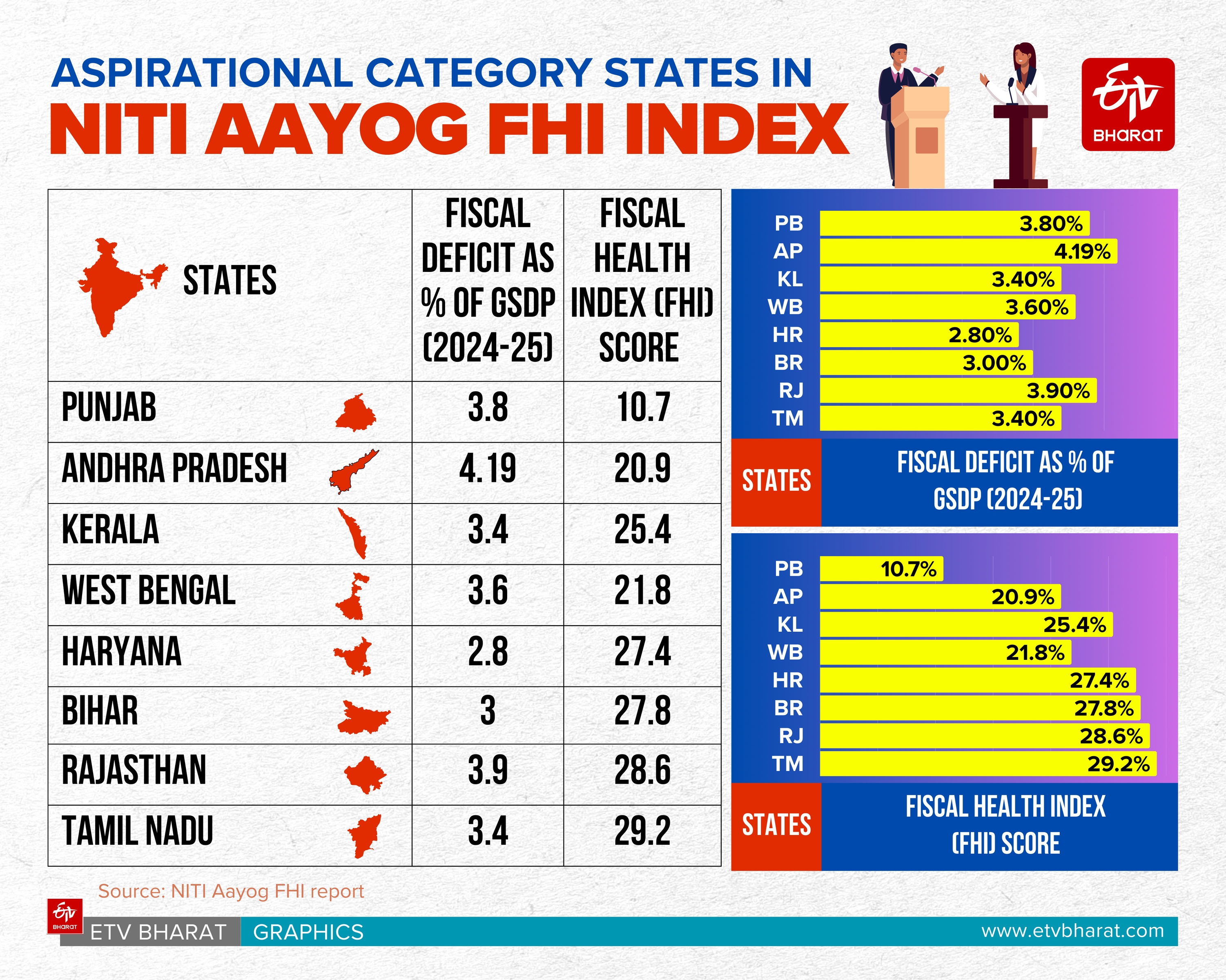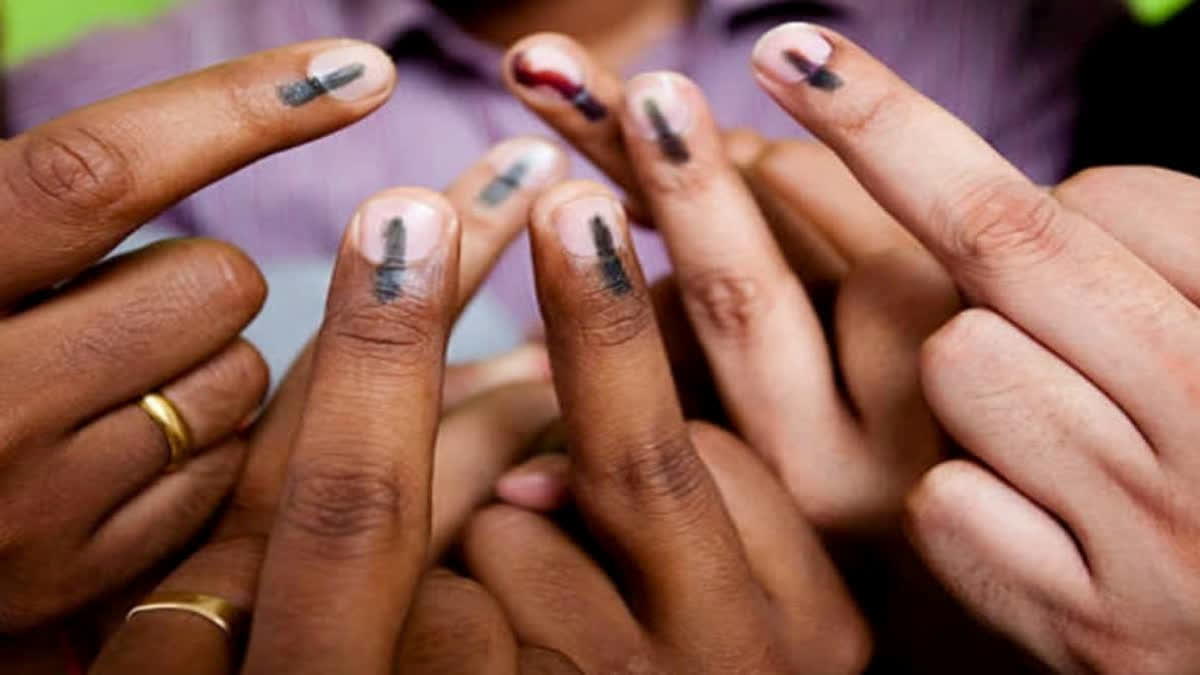By Devendra Poola and Chakradhar Jadhav
The politics of freebies in India has evolved into an intense competition among political parties, transcending regional boundaries and becoming a pan-India phenomenon. While the trend initially gained momentum in the southern states of Andhra Pradesh and Tamil Nadu, where successive governments indulged in populist schemes, today, no state remains an exception. From Maharashtra’s 2024 Assembly elections to the upcoming 2025 Delhi polls and even the 2024 general elections, political parties across the spectrum have engaged in extravagant promises, often at the cost of long-term economic sustainability.
The Rise and Spread of Freebies Culture
The practice of distributing freebies, ranging from cash handouts and free electricity to household appliances and unemployment allowances, has become a key electoral strategy. In Maharashtra’s 2024 elections, various parties pledged free ration schemes, loan waiver, subsidised gas cylinders, and even direct cash transfers, setting a precedent for competitive populism. The Delhi elections of 2025 have also followed a similar trend, with major parties announcing expanded welfare schemes, including free public transport and increased subsidies on essential commodities.
The 2024 general elections also reflected this trend, with both national and regional parties making large-scale promises. Welfare measures, while essential for social equity, often blur the lines between genuine policy measures and election-driven appeasement tactics.
Prime Minister Narendra Modi had, three years ago, strongly criticised the 'Revadi culture'—a term used to describe excessive handouts by political parties to woo voters. However, within a year, BJP itself resorted to freebie politics, particularly during the Uttar Pradesh elections and other state polls, offering subsidies, and direct cash benefits. This contradiction highlights a fundamental issue: while parties acknowledge the economic dangers of unrestrained populism, electoral compulsions drive them to adopt similar strategies.
The Economic Consequences: Debt and Unsustainable Spending
States known for offering substantial freebies, such as Punjab, Andhra Pradesh, Tamil Nadu, and West Bengal, have been grappling with growing fiscal deficits. A study of fiscal deficit trends over the past decade reveals that, regardless of the political party in power, the financial burden continues to increase. According to the Fiscal Health Index (FHI) initiative by NITI Aayog, states that distribute more freebies tend to have weaker fiscal parameters, indicating an unsustainable economic model. The reliance on excessive borrowing to fund non-asset-creating expenditures exacerbates the financial instability, pushing states deeper into a debt trap.
While political leaders often justify freebies as measures derived from their interactions with the public, they are rarely backed by empirical studies or economic feasibility assessments. Instead, they serve as short-term voter appeasement tactics rather than long-term socio-economic benefits. The absence of structured policy evaluations means that many of these schemes fail to provide sustainable improvements in people’s livelihoods. The distribution of freebies often leads to unintended economic consequences. One major concern is the distortion of market dynamics. When goods and services are provided for free, the natural supply-demand equilibrium is disrupted, discouraging private sector participation and investment. Sectors such as healthcare, education, and power supply face stagnation as state-driven handouts reduce competition and innovation. Additionally, prolonged dependency on state-provided benefits can erode workforce productivity, discouraging labour force participation and self-sufficiency. While freebies are often introduced to address social inequality, they can sometimes exacerbate it. Unequal access to these benefits, whether due to political favouritism or inefficient distribution systems, can create further divisions in society. Additionally, an overreliance on state aid fosters a welfare mentality, prioritising short-term gains over long-term development. This, in turn, contributes to political and social polarisation, where policy-making becomes more about electoral gains than genuine socio-economic upliftment.

The Need for a Binding Code of Conduct
In a recent lecture on fiscal federalism at the Centre for Economic and Social Studies, former RBI governor D. Subbarao suggested a code of conduct to control the vicious cycle of competitive freebie culture. Given that no party is immune to the temptation of freebie politics, it is imperative to introduce a binding framework akin to the Fiscal Responsibility and Budget Management (FRBM) Act. A mere suggestive or moral code will be ineffective, as no party voluntarily restrains itself from announcing extravagant promises. A legally enforceable code of conduct could ensure that electoral promises remain financially viable and economically sustainable.
From Freebies to Empowerment
The age-old saying of Chinese philosopher Lao Tzu, “Give a man a fish, and he can eat for a day. Teach him how to fish, and he can eat for a lifetime,” is particularly relevant in this context. Instead of temporary handouts, policymakers must focus on skill development, employment generation, and structural reforms that empower citizens in the long run. Freebies may yield electoral dividends, but they come at a steep economic cost that India can ill afford. To secure the nation's financial future, it is time to rethink the politics of populism and work toward sustainable welfare policies.
(Disclaimer: The opinions expressed in this article are those of the writers. The facts and opinions expressed here do not reflect the views of ETV Bharat)



